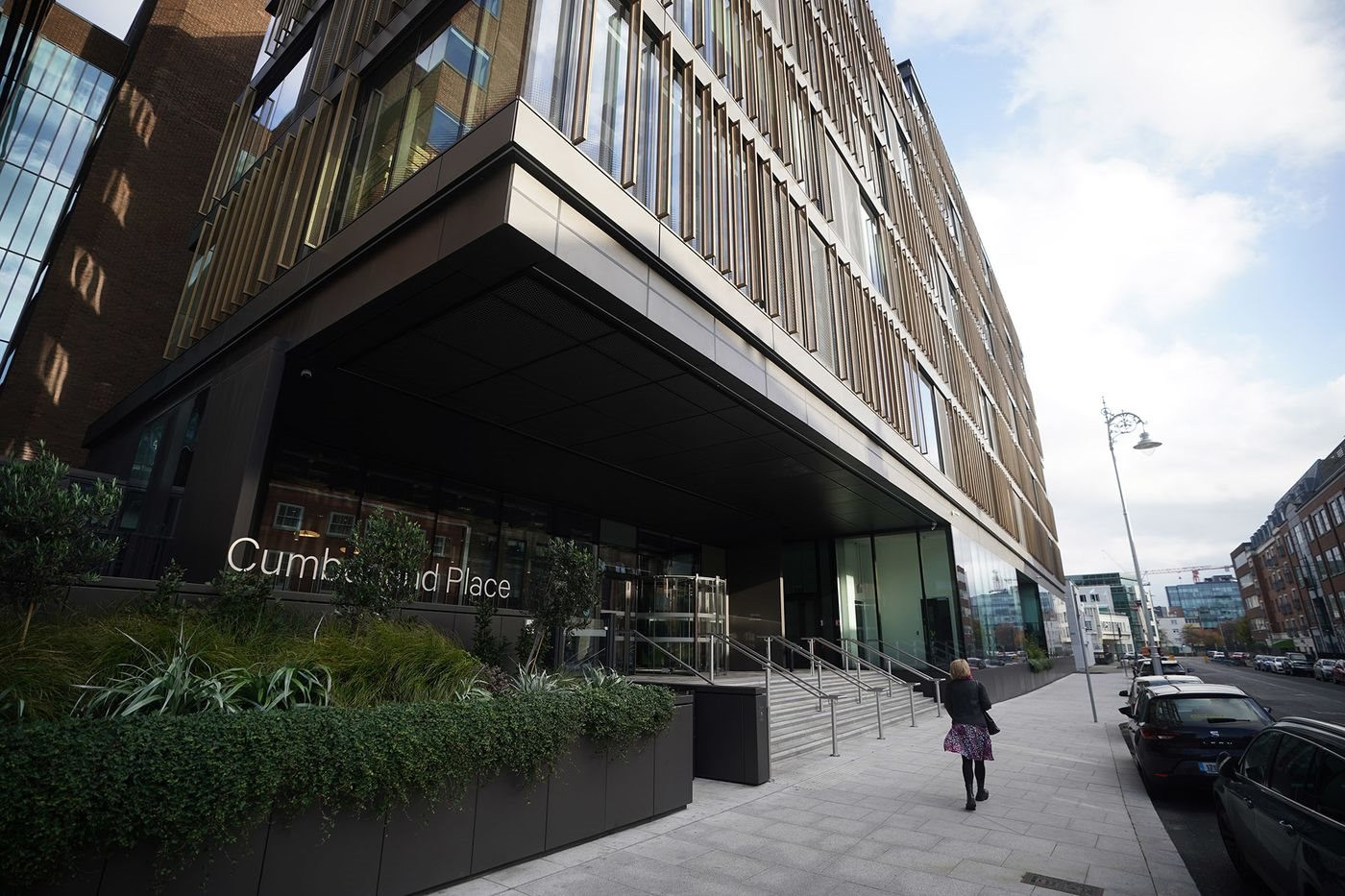Elon Musk pushed Twitter employees again into a ‘dilemma’: 500 people had to go to the European headquarters, but this city ‘runs out’ of housing
- Tram Ho
Dublin – the capital of Ireland, is where Twitter is headquartered with about 500 employees. This location is at the center of a real estate crisis due to a lack of new housing supply and the eviction of homeowners. House prices in the city recently surpassed their 2007 peak, just before the economic crisis hit Ireland near bankruptcy.
Many people have shared their displeasure at Musk’s request that things go beyond simply moving to Dublin and starting work there. The billionaire tweeted that employees can work from home if they have mobility problems, personal problems or are “regarded by their boss as an excellent employee.”
While staff at Twitter’s Dublin headquarters has sh This is facing the risk of recession.
In recent years, Dublin has grown strongly by offering attractive conditions to attract large companies to set up offices. This city of 1.3 million people will quickly lose its advantage if there is not enough housing for companies looking to bring employees back to work.

Dublin is where Twitter’s European headquarters are located.
Stephen Kinsella, professor of economics and dean at the University of Limerick, said: “Even with money, people still can’t afford to rent a house. This is a systemic risk.”
Some large international companies are having to figure out how to solve the problem on their own. A company affiliated with Goldman Sachs, which moved its European wealth management operations to Dublin after Brexit, is planning to build nearly 1,000 apartments. The housing complex will be located in the parking lot of a shopping center in the north-west of Dublin, costing 400 million euros ($415 million). Ikea’s investment arm has committed 100 million euros to develop more than 250 social housing units.
On the property listing website daft.ie, as of November 18, Ireland had less than 1,200 homes available for rent. On August 1, the figure was more than 700. The average rent in the country also increased by 12.6% to 1,618 euros from a year earlier in the second quarter and was the highest annual increase since at least a few months ago. especially 2005.
Dublin has also seen real estate crises before, but this time is very different from the Celtic Tiger bubble in 2008. At that time, the root of the problem was oversupply and unsustainable debt. Currently, the country does not have enough homes to meet demand.
In addition, the number of private landlords leaving the market in the second quarter doubled from a year earlier, as house prices rose, the number of people allowed to rent in a property hit a limit, along with That is, the ability to pay the mortgage decreases. Accordingly, the real estate market in this country is increasingly less attractive.
Meanwhile, Ireland’s growing population and Russia-Ukraine conflict have pushed the price of construction materials up, which has made developers and landowners hesitant in construction activities. According to the BNP Paribas construction PMI report, residential construction activity in Ireland has declined for the past four out of five months.
Irish Residential Properties CEO Margaret Sweeney said a new apartment block owned by the company in Dublin was full after just one week of completion this past summer. She said that the company received 600 applications within an hour and a half for the first 20 apartments opened for sale and is continuing to record high demand across the city.
So far, the Irish government has not introduced many measures such as supporting developers to alleviate the supply shortage. In September 2021, authorities set a target of providing an average of 33,000 new homes per year by the end of 2030, but that is expected to be revised due to increased demand. The central bank will also loosen regulations on borrowing income from next year, helping people meet mortgage requirements.
The trend of layoffs in the tech sector, which accounts for 6% of Irish workplaces, has affected major employers in the country such as Meta. While this may alleviate some of the pressure on the housing market, the Irish economy will suffer.
Worldwide, the tech industry lost 9,587 jobs in October, the highest monthly level since November 2020. In Ireland, the government has received notices that Twitter is “redundant” by about 140 employees, according to Deputy Prime Minister Leo Varadkar.
While staff numbers are shrinking, Musk is likely to ask people to return to the office and this will put more pressure on the Irish housing market.
Refer to Bloomberg
Source : Genk
